Before I jump into today’s newsletter, two quick announcements: First, I’m running a 20% off Mother’s Day sale for paid subscriptions through Sunday! Subscribe now to join our wonderful parenting community (threads and chats) and to get access to my paid newsletter archives — gosh, at this point I’ve published close to hundreds of paid newsletters that dig into the research on all sorts of parenting topics. You can also use the sale to buy gift subscriptions for mothers and other caregivers you know.
Second, my dear friend Molly Webster (yup, she’s the Molly Webster of Radiolab) has written an absolutely marvelous children’s book that comes out today, Little Black Hole. It’s all about, yes, black holes, but also friendship and memories. Buy it here on Bookshop or here on Amazon. Happy pub day Molly!
Okay, now onto today’s topic. I wrote most of this newsletter on an airplane yesterday, heading home from a long weekend I spent in South Carolina with old friends — friends I met in graduate school at NYU in 2005 and 2006. We came to New York back then from all over — California, Texas, Canada, Ohio, Washington D.C., London — and we became fast friends as we spent a year-and-a-half learning how to become science journalists. (While spending too much time exploring New York City nightlife, because of course.)
After our program ended, we dispersed to various locales in the United States and Canada as we took jobs at newspapers, radio stations, magazines and other organizations. But we stayed in touch. About a decade ago, after realizing we hadn’t seen each other in far too long, we organized a weekend away together in Florida — without kids. That was the first of what have since become near-annual (damn you, pandemic, you ruined our streak) girls’ weekends.
Of course, we can only make these work because we all enjoy a great deal of privilege — financial and health-related privilege as well as flexible jobs that allow us to escape for long weekends and partners (and other relatives) that can take on extra childcare in our absence. Even so, it’s hard to organize a weekend away now that we’re all in our 40s. Many of us have busy careers and schedules. Many of us have kids (as many as three). Many of us live hundreds, if not thousands, of miles apart. Sometimes, one or two of us has to skip a year or leave the weekend early, but for the most part, we make it work, because we’ve made our yearly reunion a priority.
Much has already been written about how important “child-free” time is for parents. It’s crucial that caregivers — especially moms who shoulder the lion’s share of domestic work — have opportunities to be freed of their caregiving roles and do things for themselves. Time away helps us remember that we are more than just diaper-changers and food-preparers and bedtime-story-readers and homework helpers. It helps us re-connect with our more complex selves.
But child-free time isn’t just good for us. It’s good for kids too, and I think sometimes we sometimes forget that. We consider it self-indulgent to leave our kids — we assume that these weekends are experiences our children will survive, yes, but not benefit from in any way. I disagree. Here are five ways kids benefit when parents take time away for themselves.
It builds flexibility and resilience.
My kids always balk when I tell them I’m leaving town, and yes, I always feel serious mom guilt. But then, guess what? They do just fine.
When kids have to endure new, potentially scary things, and they manage those challenges and realize afterwards that they weren’t so bad, they build resilience. They come to learn that they have the capability to endure difficult things, and that gives them more confidence the next time they have to face something unpleasant or scary. (For more on building resilience in kids, read my book.)
It allows kids to bond with other adults and break out of ruts.
Sometimes, when my husband is out of town, I do things a little differently. I take the kids out to restaurants on weeknights. I let them play outside past their bedtime. The kids love that we get to “break the rules” a bit, and I love that I’m breaking out of my own parenting rut, too.
This past weekend, one of my girlfriends shared that her husband camped in the backyard with her kids one night — something that likely wouldn’t have happened if she’d been home. The break in routine that we provide when we take time away from our kids can inspire family members to try new, fun things — and these experiences can help them grow closer, too.
It challenges assumptions and breaks bad habits.
This year, one of my friends left a 7-month-old baby at home to come to girls’ weekend. She was grateful to get some sleep, because for months, her baby has been waking her up multiple times a night to nurse.
As soon as she left, however, her baby slept through the night. She realized that her daughter didn’t actually need to nurse multiple times a night but was likely doing it out of habit or convenience. She wouldn’t have discovered this — or at least, not yet — if she hadn’t taken the weekend away. Now, both she and her daughter will be able to get more sleep, which is an obvious win-win.
It nudges kids to step up.
One of my friends has a 13-year-old son, and this week he has an important biology test. If she’d been home this past weekend, she likely would have been reminding him to study over and over again — but she wasn’t, so the decision to study (or not) was left to him. She was impressed to see him take responsibility, making notecards and coming up with innovative ways to study while she was away.
When we are always right there, preventing or solving our kids’ problems, they don’t always get the chance to take the reins themselves. Giving them space grants them autonomy and agency, which we know is good for kids. (Speaking of autonomy-supportive parenting, my friend and fellow parenting writer Emily Edlynn just launched a Substack,
, which is all about autonomy-supportive parenting. You should subscribe.)5. It helps kids recognize and value all that we do — and helps us remember how much we love each other.
We all know the old trope that absence makes the heart grow fonder, but I think it’s especially true for parents and kids. I am always SO READY to leave my kids at the beginning of the weekend, and SO READY to return home afterwards because I miss them so much. That renewed feeling of love and comfort when I walk back in the front door and see them again is pure gold.
I also love seeing the creative ways my kids find ways to connect with me when I’m gone. On Saturday, I got a text from my 11-year-old. “How was your last class?” he asked. I’d taught my last class of the semester at NYU on Thursday, which he knew was a big deal for me. When I got the text, I realized what was happening: My son missed me, and he wanted to connect with me in a way that I would appreciate, so he took the time to think about what he knew mattered to me, and then asked me about it.
Often on girls’ weekends I get funny and innovative texts my kids; sometimes I even get hand-made cards when I get home. I love that by giving them space, I inspire them to find new, creative ways to think about what I mean to them and connect with me — and I’m always reminded that they mean the world to me, too.
Related posts:





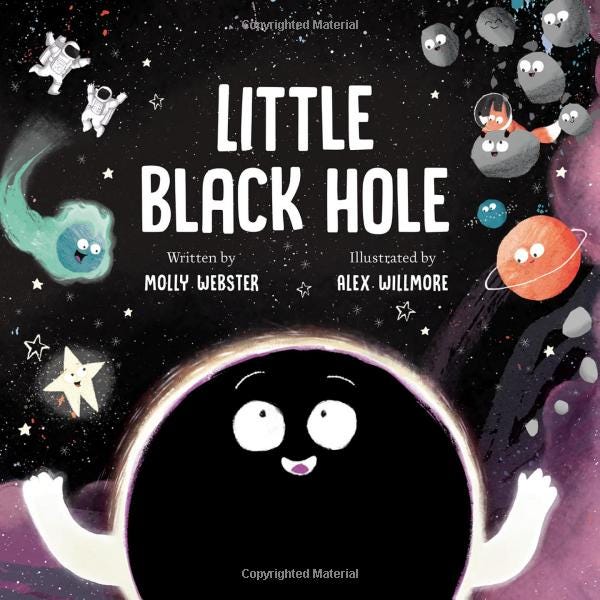

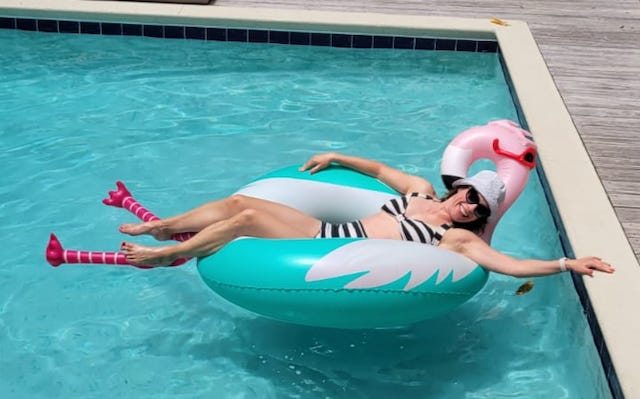
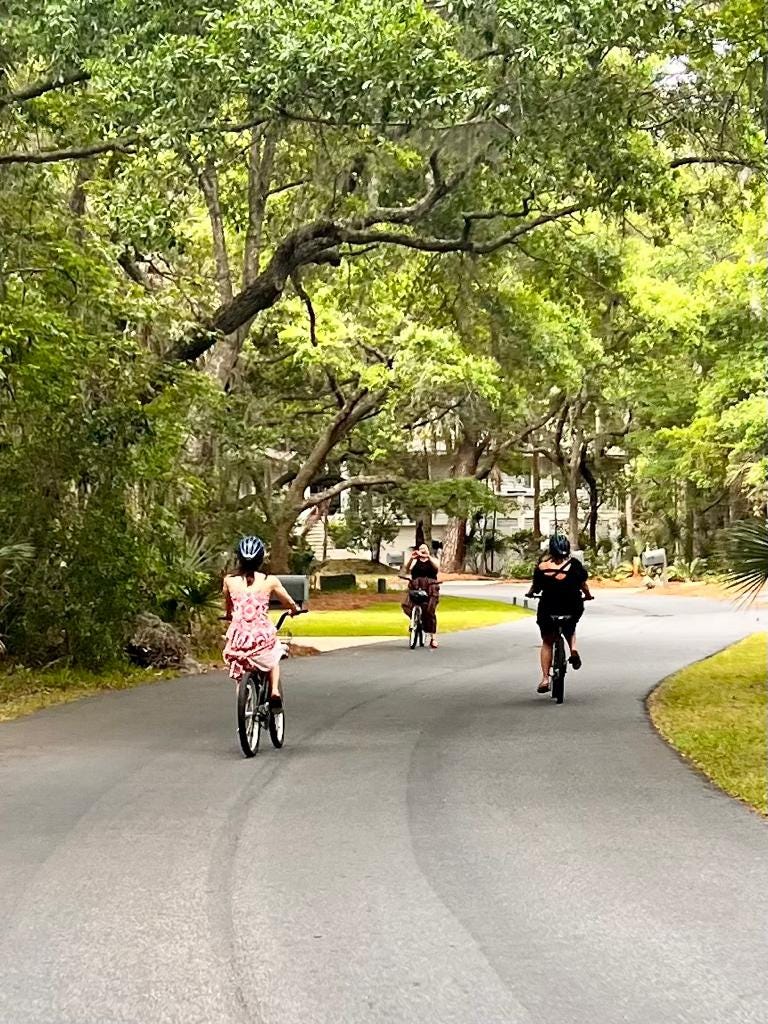
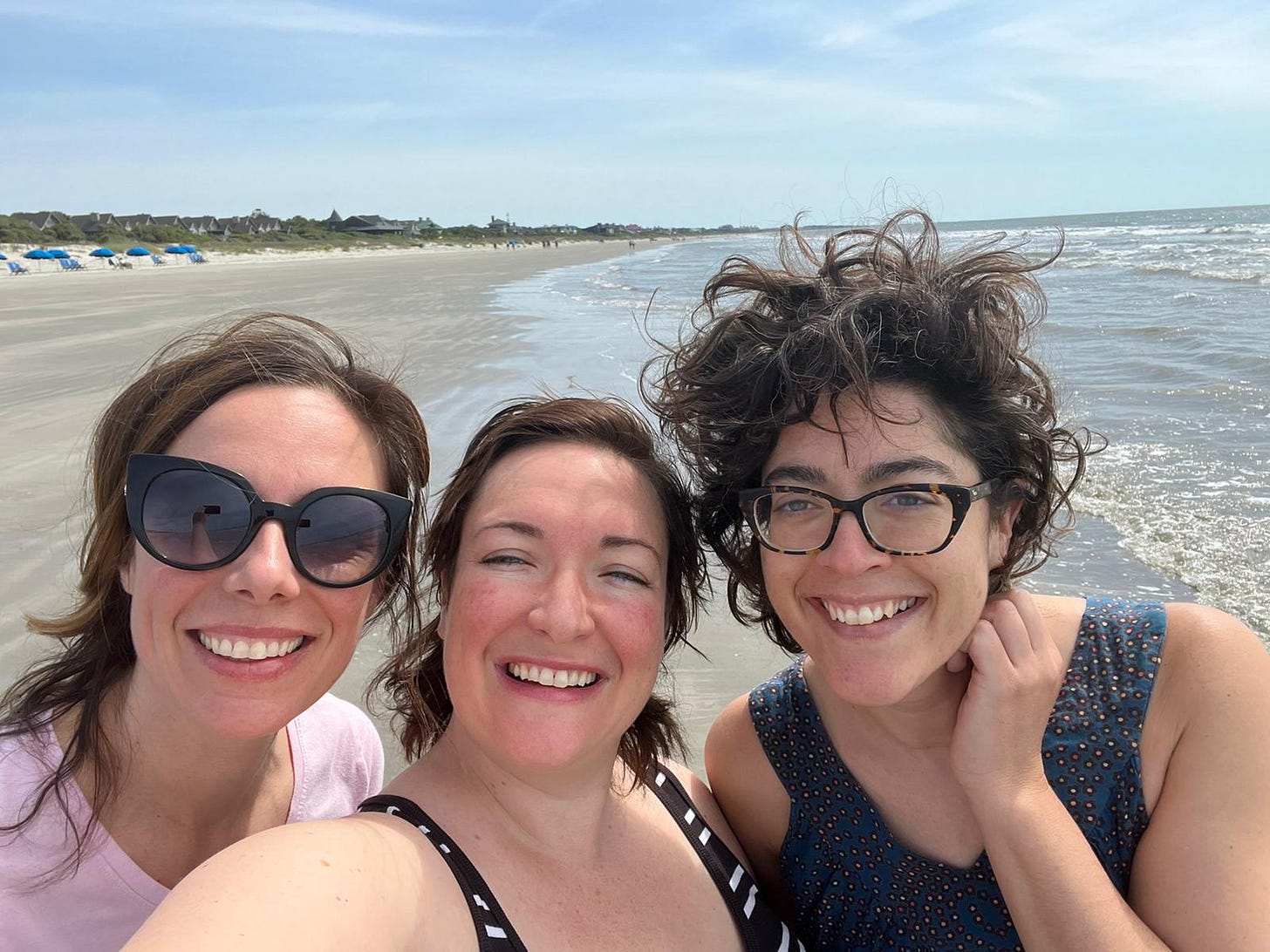
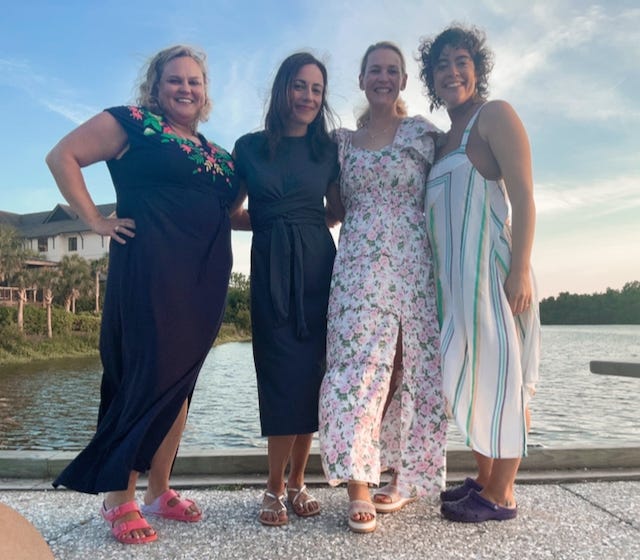

My husband just emailed to remind me that I actually have a 12-year-old, not an 11-year-old. OOPS.
This newsletter came just in time because I am going on a kid free vacation next week and I was just feeling guilty about it!